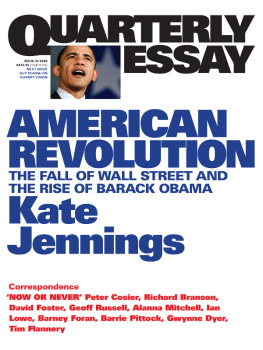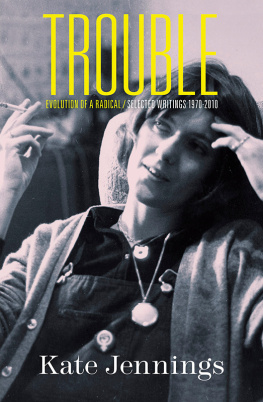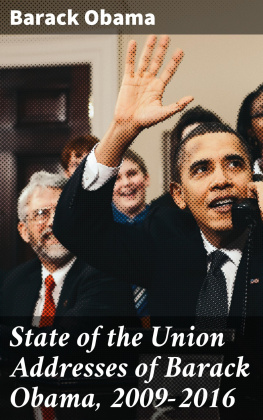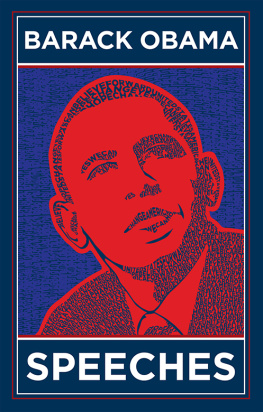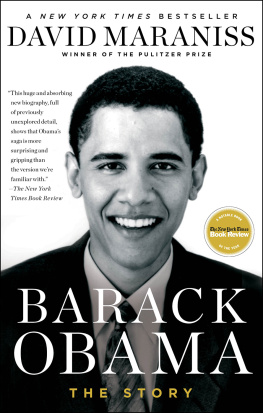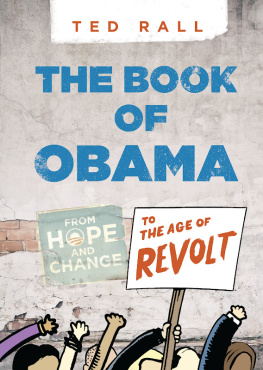Quarterly Essay is published four times a year by
Black Inc., an imprint of Schwartz Media Pty Ltd.
Publisher: Morry Schwartz.
ISBN 978-1-86395-311-5 ISSN 1832-0953
ALL RIGHTS RESERVED.
No part of this publication may be reproduced, stored in a retrieval system, or transmitted in any form by any means electronic, mechanical, photocopying, recording or otherwise without the prior consent of the publishers.
Essay & correspondence retained by the authors.
Subscriptions 1 year (4 issues): $49 within Australia incl. GST. Outside Australia $79. 2 years (8 issues): $95 within Australia incl. GST. Outside Australia $155.
Payment may be made by Mastercard, Visa or Bankcard, or by cheque made out to Schwartz Media. Payment includes postage and handling.
To subscribe, fill out and post the subscription card, or subscribe online at:
www.quarterlyessay.com
Correspondence and subscriptions should be addressed to the Editor at:
Black Inc. Level 5, 289 Flinders Lane
Melbourne VIC 3000 Australia
Phone: 61 3 9654 2000 / Fax: 61 3 9654 2290
Email:
quarterlyessay@blackincbooks.com (editorial)
subscribe@blackincbooks.com (subscriptions)
Editor: Chris Feik / Management: Sophy Williams
Publicity: Elisabeth Young / Design: Guy Mirabella
Production Co-ordinator: Caitlin Yates
Printed in Australia by Griffin Press.
Quarterly Essay is printed entirely on FSC-certified stock. The Forest Stewardship Council promotes environmentally appropriate, socially beneficial and economically viable management of the worlds forests. For more information on FSC, please visit www.fscaustralia.org.
Ive been tasked with writing about the election and the markets in the United States this last year. Writing about the recent past is always difficult. Lack of perspective et cetera. Writing about the present, one as head-swivelling and gob-smacking as this stretch of time, even worse. Imagine a pot of eels being boiled. Not that Ive ever seen eels being boiled, but Im told that not only do they seethe mightily, as you would expect, but if you turn the heat up too quickly, the eels make heroic leaps for freedom, onto the floor. You have to scramble to gather them up and put them back into the pot. Each day of this last year has brought a fresh scramble to understand events. Here in New York, weve see-sawed between hope and despair, with anxiety our default position. And the eels are still seething, leaping.
AMERICAN
REVOLUTION
The Fall of Wall Street
and the Rise of Barack Obama
Kate Jennings
WHAT WERE THEY THINKING?
On 1 January, New York Times columnist Bob Herbert rang in the new year by remembering an old one: It seems impossible that 1968, the most incredible year of a most incredible decade, was 40 years ago One of the astonishing things about 1968 was how quickly each shocking, consciousness-altering event succeeded the last, leaving no time for people to reorient themselves. Like this past year, 1968 was a presidential election year, and the country was in the midst of an unpopular, polarising war. The North Vietnamese launched the Tet offensive late in January, small people in pyjamas dramatically and successfully challenging the might of the US armed forces, and President Johnson found himself similarly challenged by Eugene McCarthy, a cerebral senator from Minnesota who wanted to negotiate the end of the war. When McCarthy won 42 per cent of the New Hampshire primary vote, the nation became as electrified as it has been by Barack Obama. Bobby Kennedy decided to jump into the race and a traumatised Johnson abandoned it. As Herbert wrote, Euphoria reigned among young people, and those opposed to the war, and those who believed that people of ordinary good will could change the world. The euphoria lasted four days. Dr Martin Luther King Jr was assassinated; in reaction, riots roiled the country, whole neighbourhoods burned. And then Bobby Kennedy was murdered. By the tiniest of margins, Richard Nixon and Spiro Agnew won the general elections. A transformative year, unsettlingly similar to 2008, when young people and people of ordinary good will again believed they could change, if not the world, then the United States. In Herberts opinion, hope died with the bullet that killed RFK, but in my three decades here, Ive always found Americans to be the most optimistic of people. That is, until the Bush administration came to power and set about systematically abusing its executive authority.
Apart from the obvious engaging in two wars, in the process bankrupting the country morally as well as financially the Bush administration told so many flat-out lies, deregulated so many industries, fired so many experienced people from government agencies, made so many end-runs around the constitution, destroyed so many checks and balances, ignored so many rules of law, that opponents didnt know where to start fighting the good fight. If the Supreme Court could not make the administration adhere to the Geneva Convention and stop practising torture, what chance did we have of addressing any number of gross illegalities and inequities? Instead, we sank into despair. The countrys best impulses were traduced.
All of this was done deliberately. As an epigraph to his damning book TheWrecking Crew, Thomas Frank uses a quote from muckraker journalist Lincoln Steffenss 1931 autobiography. In it, a federal politician describes how he and his colleagues piled on the harm and outrage rather than perpetrating a single injustice that would be pounced on and set straight. Said the politician of this diabolic strategy, We know that public despair is possible and that is good for politics. The kind of immoral, carpet-bagger, screw-you politics that Vice President Dick Cheney made into an art form.
Ive asked friends who lived through the Nixon era, known for perfidy, whether these last eight years were worse. Much worse, they always replied. Always on their minds, always intruding. However, when I mentioned the similarity of this year to 1968, they were surprised. Then again, they were preoccupied with making sense of events, wracked with worry that a Democrat wouldnt be voted into the White House on 4 November and we couldnt begin undoing the harm and outrage. And no one ever wants to dwell on assassination, although those dark thoughts emerged, most especially when we observed Barack Obama surrounded tightly by secret-service men in a formation that brought to mind the Praetorian Guard.
On 1 January 2008, an article in the New York Times was headed, What if Iowa Settles Nothing for Democrats? It referred to the primary vote just two days away. Another article noted that sales of previously owned homes had nudged up in December 2007 but not enough to improve the broader picture of record-high foreclosures and harder-to-get credit. Detroit was worried but would be fine if gas prices came down. A business writer began a piece with this sentence: Like baseball or the weather, the economy can be a difficult thing to predict. He went on to say how surprised everyone was in 2007 to see the subprime housing crisis spread to the financial sector. For the basketball fans among us, a rhetorical question was asked on the sport pages: Could It Get Worse for the Knicks? Amazingly, Yes.
As we know, Iowa didnt settle anything for the Democrats. The price of oil soared, and Detroit, myopically dependent on SUV gas-guzzlers, found itself in more trouble than ever before. Given a shove by the sub-prime crisis, the shadow banking system a teetering pyramid of trillions of dollars worth of unregulated derivatives collapsed, the credit markets seized, and the US economy fell off a cliff. Actually, as more than one commentator noted, at first it pedalled furiously in mid-air like Wile E. Coyote and then fell like a stone. Other countries followed suit. Global financial markets = global financial crisis. All of which was foretold by a number of financial experts not in thrall to former Federal Reserve chief Alan Greenspan and the free markets. And the Knicks went from abysmal to putridly abysmal, until the Dolans, owners of the team, finally fired coach Isaiah Thomas, a man who could give lessons on arrogance to investment bankers. Just like the US economy, it will take years to rebuild the Knicks. When things cant continue, they stop. A piece of sports wisdom which could be the epitaph for 2008.

